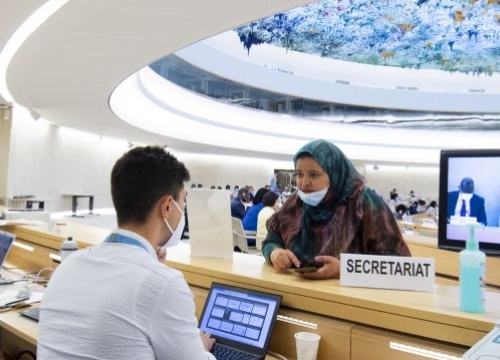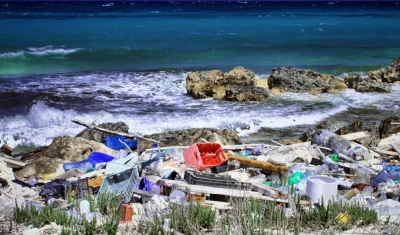Roundtable on National Mechanisms for Implementation, Reporting and Follow-up: What Next Steps?
Event


UN Photo/Violaine Martin
With the increasing requirements for implementing human rights treaty obligations, states have established national mechanisms to ensure comprehensive, more efficient and sustainable approaches to reporting, engagement and follow-up to recommendations of human rights mechanisms.
The United Nations (UN) Human Rights Council (HRC) requested the Office of the UN High Commissioner for Human Rights (OHCHR), through resolution 42/30, to organize five regional consultations to exchange experiences and take stock of the developments of the past years at the national level. The consultations were held online in November and December 2021 and brought together more than 500 participants. As a result of the consultations, HRC report 50/64 was submitted by the UN High Commissioner for Human Rights at the HRC 50th session.
This roundtable organized by OHCHR in partnership with the Geneva Human Rights Platform, the Universal Rights Group and the Danish Institute for Human Rights, will seek to hear member states and other stakeholders on how they intend to give effect to the recommendations made in HRC report 50/64. Participants will share about concrete initiatives and/or propose any other initiatives going beyond the recommendations from the report, also in view of further strengthening national mechanisms for implementation, reporting and follow-up.
Catering will be provided for participants attending in person from 12:00.
MODERATION
- Felix Kirchmeier, Executive Director, Geneva Human Rights Platform
INTRODUCTORY REMARKS
- Mahamane Cisse Gouro, Director, Human Rights Council and Treaty Mechanisms Division, OHCHR
- Marcelo Scappini Ricciardi, Ambassador, Permanent Representative of Paraguay to the United Nations Office at Geneva










